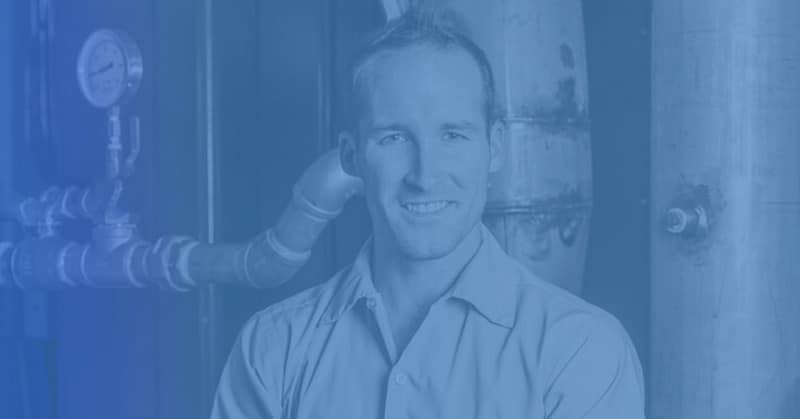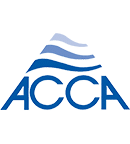Currently, the HVACR industry is undergoing many technological advancements. As a result, HVAC instructors are struggling to devise new methods to ensure that the new era of service technicians has the relevant expertise. In the past, even when new furnaces were introduced, there were only a few different kinds of control boards that were used by all manufacturers. Thus, while there was lots of different equipment to repair, it was all basically controlled in the same way. Hence, in the old days, maintenance and repairs were reasonably straightforward.
Nowadays though, manufacturers have adopted the use of high end equipment. This is based around data highways, rather than thermostat wires. Such proprietary technology is much harder to service, if you are not the dealer for the equipment.
With the design, controls and virtually everything related to HVAC systems becoming more complicated, many teachers are going back to basics to train the current crop of tech students. The physics of electrical theory and applied thermodynamics never changes. Warm air flows to become cold, subcooling and superheat are vital principals, and psychrometrics is essential. Students faced with the task of repairing a new, complicated system will find their ability to implement the fundamentals and the basics of HVAC systems the key to their success. Traditionally, the industry has struggled to keep trained technicians interested in continued education, however younger students are far more enthusiastic than their older colleagues.
While many HVAC educators have the best intentions, with regards to teaching budding service technicians, frequently they are restricted by low budgets. Some programs even have to depend on equipment donations. This is why educators need to be supported more by the manufacturers, and by representatives of the manufacturers. When equipment is unavailable because of budgetary reasons, training has to be carried out via electronic simulation. This is less expensive than buying equipment, but it is far from ideal.
Notwithstanding, as technology becomes increasingly complicated, the biggest issue that could affect the industry is the widespread use of proprietary controls. Some of the newer modern units have entire thermostat circuits that run home automation. Consequently, techs are going to need a huge quantity of training on certain pieces of equipment. Needless to say, it is impossible to train everyone on everything. This is the toughest challenge that trade schools face. As controls and systems develop, the industry needs to attract brighter technicians to cope with the more advanced equipment. Although there are many up and coming trainees with good potential, they still require the correct mentorship to reach the necessary standard.









